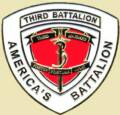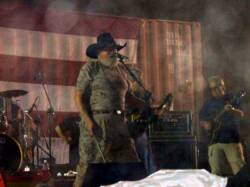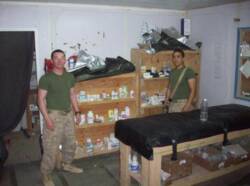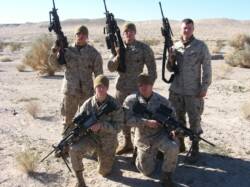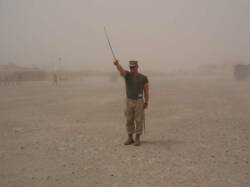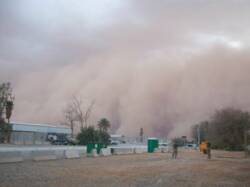
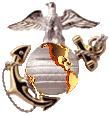
Task Force MP Mechanics Keep Their Vehicles Rolling in Iraq
II Marine Expeditionary Force (Fwd)
Courtesy Story from dvidshub.net
Date: 06.10.2009
AL ASAD AIR BASE, Iraq – From six- and four-wheeled mine resistant, ambush protected vehicles and up-armored 7-ton trucks, to up-armored Humvees with mine rollers, motor transport Marines with Task Force Military Police keep the unit's fleet of vehicles running so service members can complete their missions.
Although the process can sometimes be difficult, the maintenance and distribution of those vehicles is what the Okinawa, Japan-based motor transport Marines of Headquarters and Service Company, 3rd Battalion, 3rd Marine Regiment, do on a day-to-day basis while supporting Multi National Force - West operations in Iraq's Al Anbar province.
For the Marines, the challenges vary as much as their jobs. For example, there's the maintenance chief, who handles the everyday maintenance schedules of the vehicles and also oversees the daily process report to check the status of ordered parts.
"I check to see if the parts are still coming in on time, and if they're not, I see why the parts are arriving late or if they are cancelled," said Cpl. Joshua Halstead, the company's maintenance chief.
Halstead's duties also include assigning broken vehicles to three categories: vehicles which are non-usable, vehicles in need of extensive repairs, and vehicles just needing parts.
In order for vehicles to be dead-lined, or declared non-usable, they have to jeopardize either the safety of the Marines conducting the mission, or the combat effectiveness of the vehicle, Halstead said. For instance, if a vehicle has a catastrophic maintenance problem like a broken drive shaft, it would be considered dead-lined because it would not be capable of completing the mission.
Then there are the mechanics – the Marines who work on the vehicles. These Marines do everything from changing oil and tires to replacing drive shafts and engine belts.
"We fix the vehicles and we perform inspections on all of them," said Lance Cpl. Jerry Pullen, a Headquarters and Service Company vehicle mechanic. "If we don't understand a problem, we will troubleshoot it until we understand it."
Pullen and other mechanics work on all the vehicles at the motor pool, but Pullen enjoys working on the MRAP the most because it's something new to learn.
"It's a great experience," Pullen said. "I've learned the operation of the vehicle and how to perform routine maintenance on it."
For issues such as damaged tracking systems or other major repairs, the motor pool coordinates with other facilities on base who have representatives for the systems.
"We have to coordinate our efforts with outside agencies to get our vehicles where they need to go for those repairs," said Staff Sgt. Cesar Reyes, the company's motor transport chief. "If we need a tow truck for a vehicle, we'll contact one of the logistics battalions to coordinate a time to tow our vehicles to their destination. Sometimes it can be difficult, because what might be a priority for us isn't exactly a priority for them. For the most part though, everyone is pretty helpful."
With both day and night operations, the Marines working in the maintenance sheds continue to do their job until it is finished.
"We'll work as long as it takes to get these vehicles mission-ready," Halstead said. "If we have to work well into the night to get a truck ready for a convoy then we will."

America's
1stSgt's
Blog
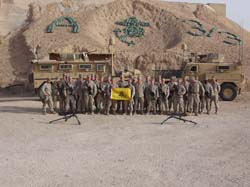
Randomly selected pics from 3/3 Iraq 2009

